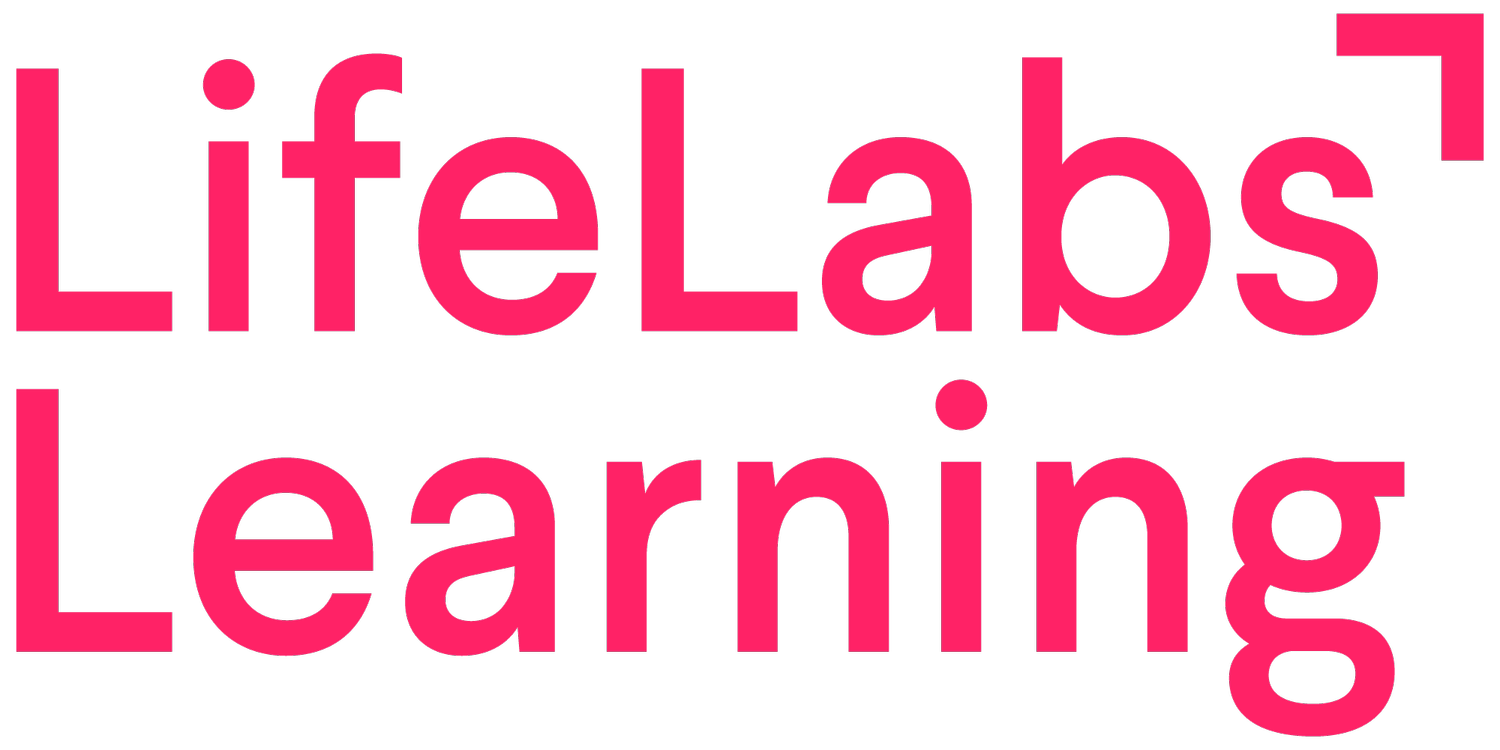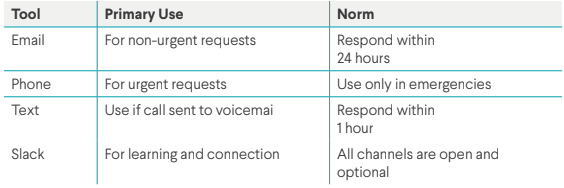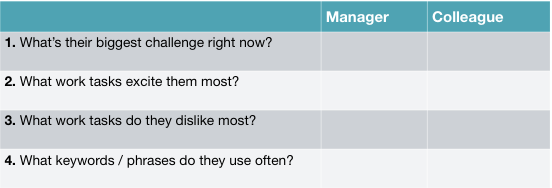How to master the 3 types of resiliency skills and bounce back even faster
4-minute read
Part of being resilient is our ability to bounce back from challenges. At LifeLabs Learning, we've found that not all bounce backs look the same. Bouncing back from a mistake takes a different set of skills than recovering from changes or interpersonal conflict — which is why knowing your bounce back metrics can help you strengthen your weak spots and optimize your strengths.
Here are the 3 types of resiliency bounce backs you can work to strengthen:
Mistake resilience
Mistake resilience is the ability to not only recover quickly from mistakes but to learn from them. We asked managers how they would handle making a mistake at work, and then tracked their responses based on the four aspects of a good apology. The four aspects of a truly great apology are:
Acknowledge the offense: “I made a mistake.”
Provide explanatory conflict: “Here’s what I was thinking…”
Express remorse: “I wish I hadn’t done that”
Make Amends: “Next time, I’ll do this instead…”
We all have something we excel at, and likely one that could be strengthened. Our research showed that people 35 years old and younger struggle most with steps 1 & 3, while those 36 years old and up have a tendency to struggle more with step 2. Figuring out which step needs development can help you increase your mistake resilience, repair damage and correct errors faster.
Your turn: Call to mind the last memorable mistake you made, whether at work or in your personal life, and work through the steps to practice:
How did you acknowledge the offense? What would you do differently this time around?
Were you able to articulate the context explaining your thought process? How would you do so now?
Did you express remorse in a way that felt genuine to all parties? How would you phrase it differently if you had to do it again?
How did you make amends? List out all the ways in which you plan to respond differently in the future as a learning extraction.
Change resilience
In simpler terms, this type of resilience is all about how you roll with the punches. Take for instance our growing hybrid/remote workforce. Change is a near constant for most of us these days, and finding small ways to create and maintain structure throughout is a crucial change resilience skill. An easy way to lead teams through the new “normal” is by getting consistent with your practices and norms, even as they change.
Meet with your team to co-create a ‘channel map,’ showing what channel should be used for which type of communication and which norms to follow for each.
When possible, align with company-wide norms to reduce confusion.
Update and socialize these norms as they change, especially when team members start gradually going back into the office.
Your turn: Fill out your own channel map based on the template below:
Relational resilience
It can’t always be smooth sailing when it comes to working with others — and that’s where relational resilience comes in. Developing this skill means you learn to be okay when there’s tension with co-workers, and even learn how to grow closer through it.
One simple tool you can use to help sharpen this skill is the pivot chart. Influential communicators regularly pivot their perspectives to see if there’s anything you may have overlooked — especially when it comes to interpersonal conflict with another person. What might you be missing from their perspective that would help you better understand them?
Your turn: Fill out your own pivot chart based on the template below:
The pivot chart can help you switch on your curiosity mode about the different people you are connected with yet may be overlooking the perspective of. That doesn’t mean it’s easy., it may be incredibly difficult to imagine what work tasks are most exciting to your teammate, but that’s all the more reason to practice this skill. The more comfortable you become with instinctively considering someone else’s point of view, the easier it will be to incorporate it.
Hybrid & Remote Work Playbook
Want to take your resiliency skills to the next level? Download our free Hybrid & Remote Work Playbook now!



